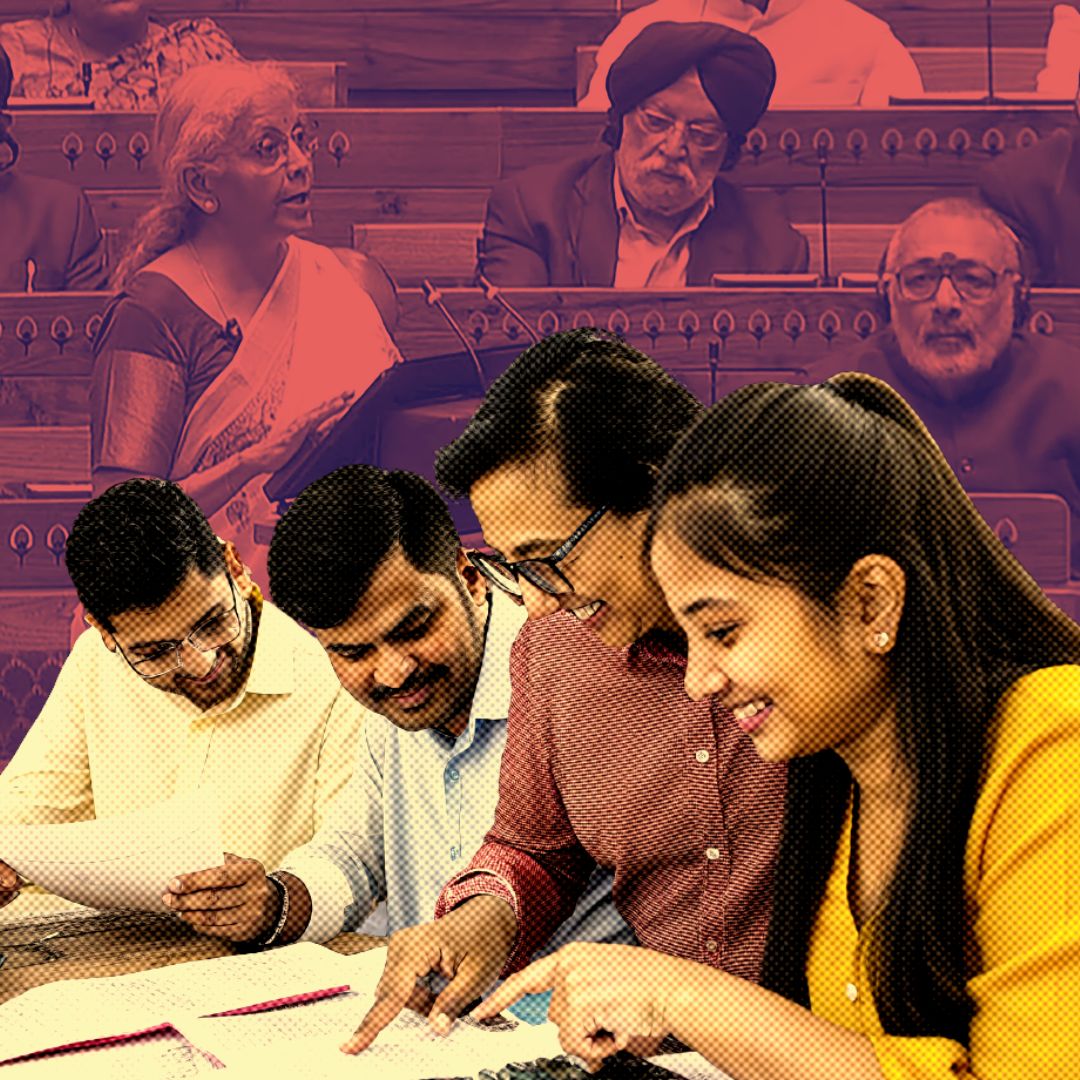The Indian government, in its Union Budget 2025, introduced significant changes to the taxation system. Among the key reforms is a rebate mechanism designed to ease the tax burden for individuals with income up to ₹12 lakh. However, it is important to note that while this rebate mechanism reduces the tax liability to zero for qualifying individuals, the obligation to file income tax returns remains mandatory for all taxpayers.
There has been some confusion, with many mistakenly believing that people earning up to ₹12 lakh are exempt from tax filing. The reality is that while the rebate reduces the tax payable to zero for incomes up to ₹12 lakh, taxpayers must still file their returns. Additionally, once the income exceeds ₹12 lakh, tax is applied on the full amount based on the revised tax slabs.
Clarifying Tax Filing Requirements
A common misconception is that individuals earning up to ₹12 lakh do not need to file their income tax returns. However, this is not the case. As per the latest policy, every individual is required to file their returns, even if they do not owe any taxes. This ensures transparency, compliance, and a clear record of income for future reference.
The Role of Rebates in Reducing Tax Liability
The new rebate mechanism operates as a reduction in tax payable. For taxpayers with taxable income up to ₹12 lakh, the rebate effectively brings their tax liability to zero. However, it’s important to understand that the rebate does not eliminate the need to file returns. It simply reduces the tax due, if any, to zero.
Key Takeaway:
- Income up to ₹12 lakh: Taxpayers must still file their returns, but the rebate will reduce their tax to zero.
- Income above ₹12 lakh: The rebate mechanism no longer applies, and individuals will be taxed based on the revised tax slabs for their entire income.
Taxation Beyond ₹12 Lakh
Once an individual’s taxable income exceeds ₹12 lakh, the rebate is no longer available, and tax is applied according to the updated tax slabs.
Here’s a breakdown of the tax implications:
- Income up to ₹12 lakh: Taxpayers must file their return, but no tax is payable due to the rebate.
- Income above ₹12 lakh: The rebate no longer applies, and tax is payable on the entire income based on the progressive tax slabs.
Examples to Illustrate:
- Income of ₹12 lakh: The taxpayer will file their return, and after applying the rebate, no tax is due.
- Income of ₹12,00,001: The rebate disappears, and tax is payable on the full income.
- Income of ₹13 lakh: The individual will pay tax according to the applicable slabs, with no rebate applied.
Breakdown of New Tax Slabs for 2025-26
The Union Budget 2025 has revised the income tax slabs under the new tax regime. Here are the updated tax rates:
| Income Range (₹) | Tax Rate (%) |
|---|---|
| Up to ₹4,00,000 | Nil |
| ₹4,00,001 – ₹8,00,000 | 5% |
| ₹8,00,001 – ₹12,00,000 | 10% |
| ₹12,00,001 – ₹16,00,000 | 15% |
| ₹16,00,001 – ₹20,00,000 | 20% |
| Above ₹20,00,000 | 30% |
Conclusion
In summary:
- If your income is up to ₹4 lakh, no tax is due, but you must file your return.
- If your income is up to ₹12 lakh, file your return, and thanks to the rebate, no tax is payable.
- If your income exceeds ₹12 lakh, you will pay tax according to the new tax slabs, and the rebate will no longer apply.
This framework emphasizes that the tax filing requirement remains in place for all income levels, even if no tax is payable due to the rebate. The changes provide a clear incentive for taxpayers within the ₹12 lakh limit but do not eliminate the responsibility of filing returns.
The Logical Indian’s Perspective
At The Logical Indian, we advocate for an informed citizenry as a cornerstone of a fair and progressive society. Transparent and accessible tax policies are vital for fostering economic growth and accountability. While it is essential for all individuals to file returns—even when no taxes are owed—this requirement promotes compliance and helps track income effectively.
However, it is crucial that these policies do not become overly burdensome or confusing for taxpayers. Striking a balance between compliance and simplicity is key to making the tax filing process more accessible and encouraging greater voluntary compliance among citizens.
How can we further improve our tax system to make it more citizen-friendly? We invite you to share your thoughts below and contribute to this important discussion! This revised version aims for clarity and engagement while providing comprehensive information on the new tax mechanism. It encourages reader interaction and emphasizes key points effectively.










